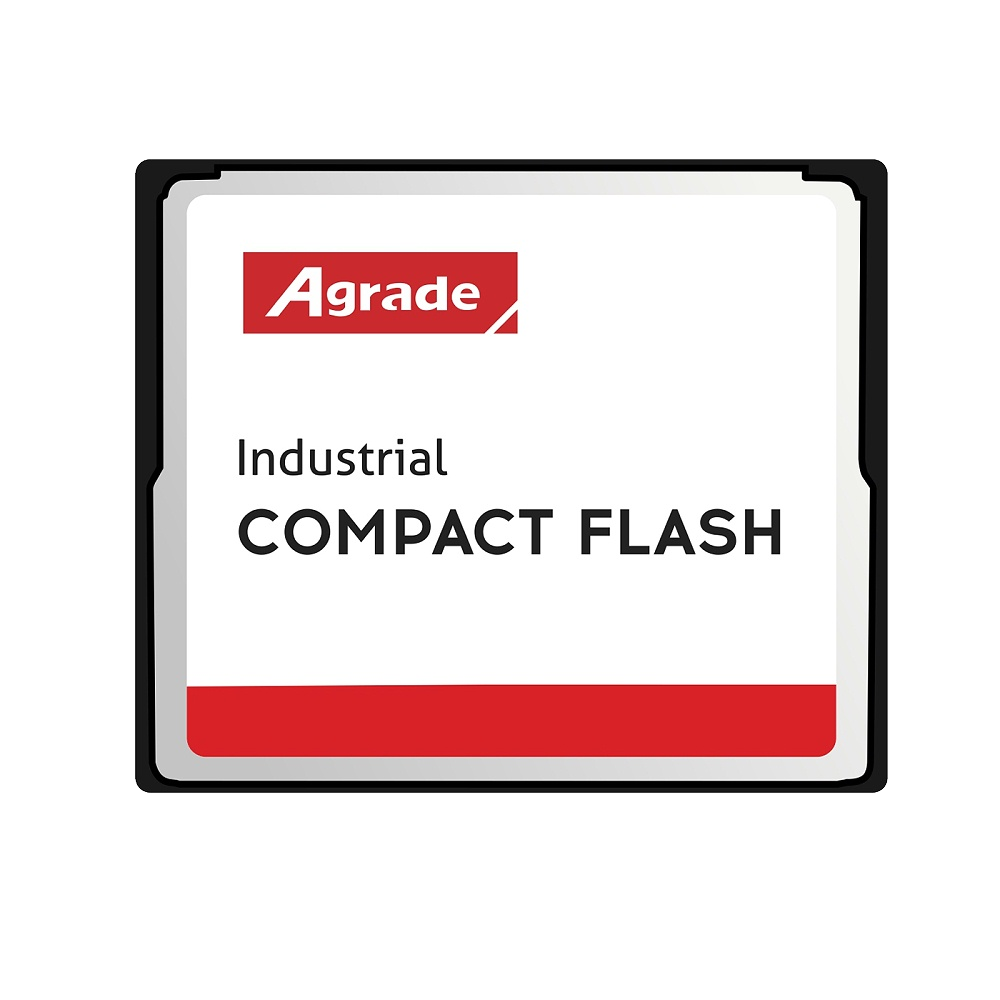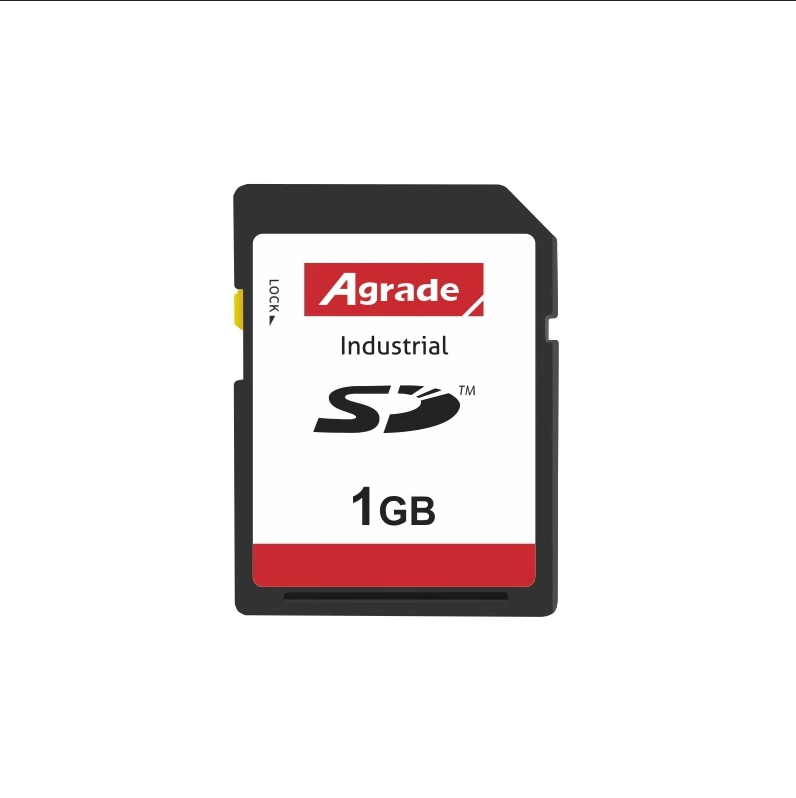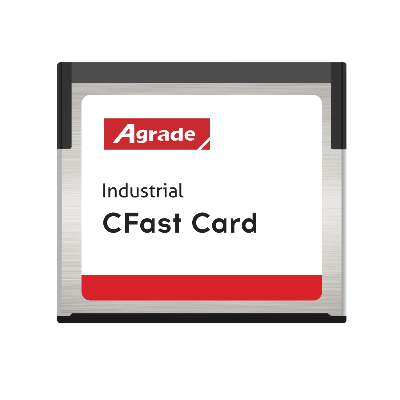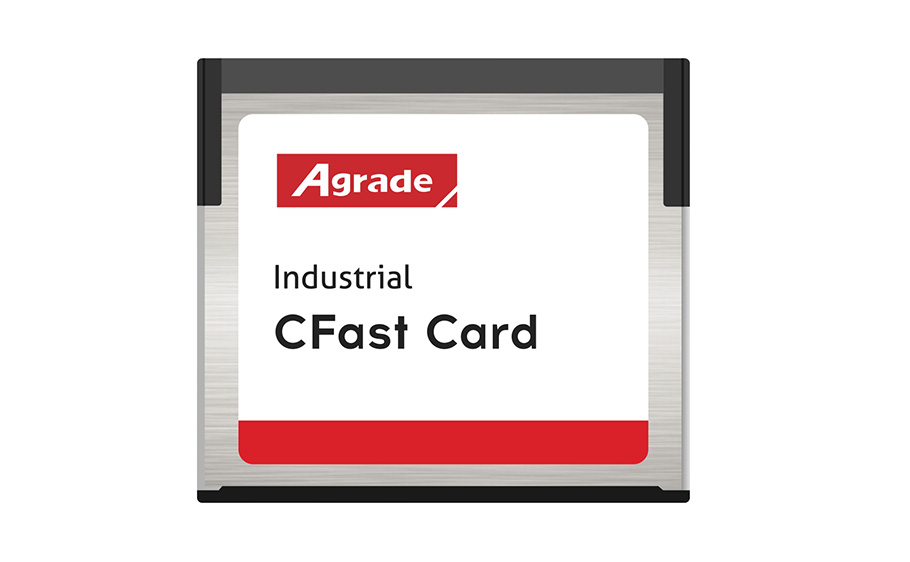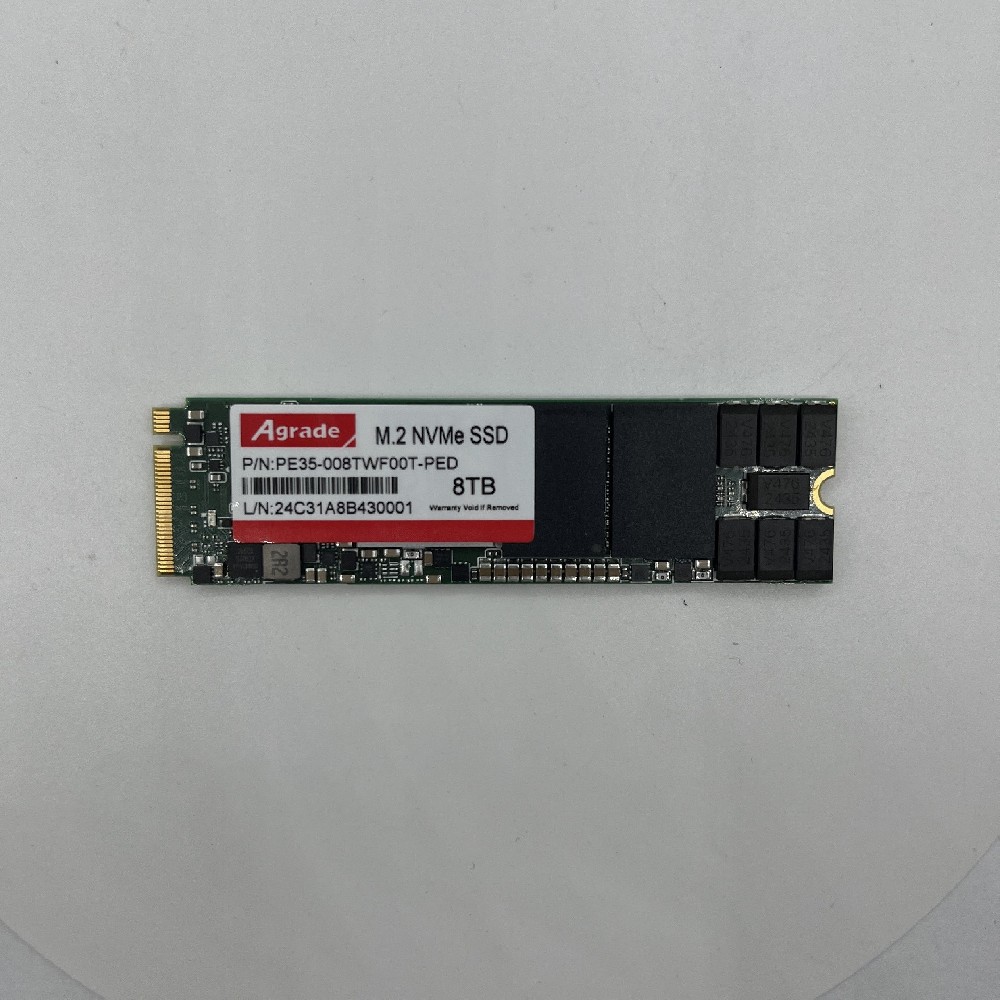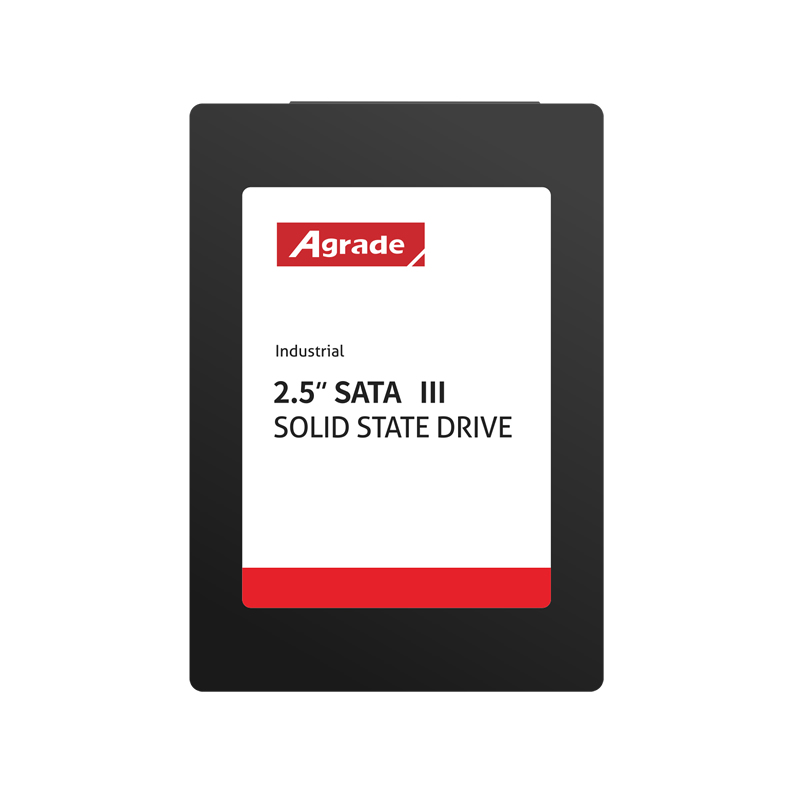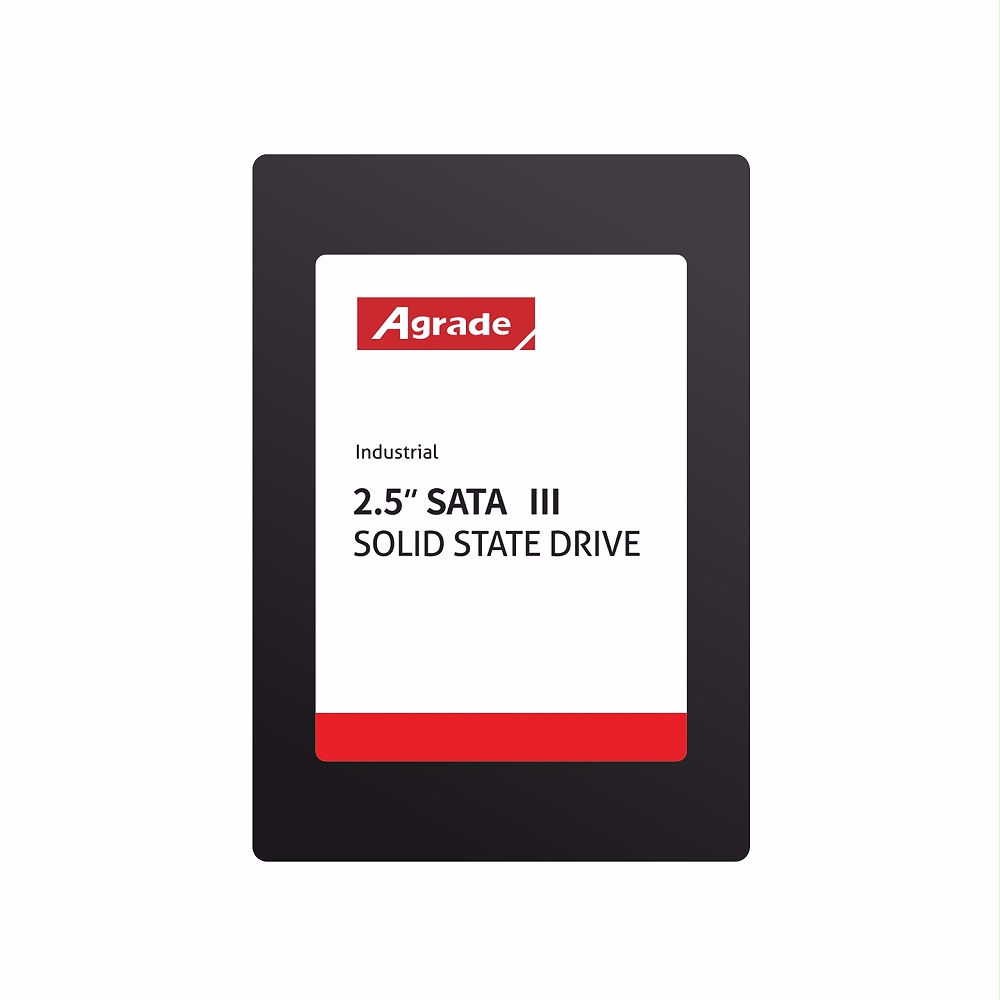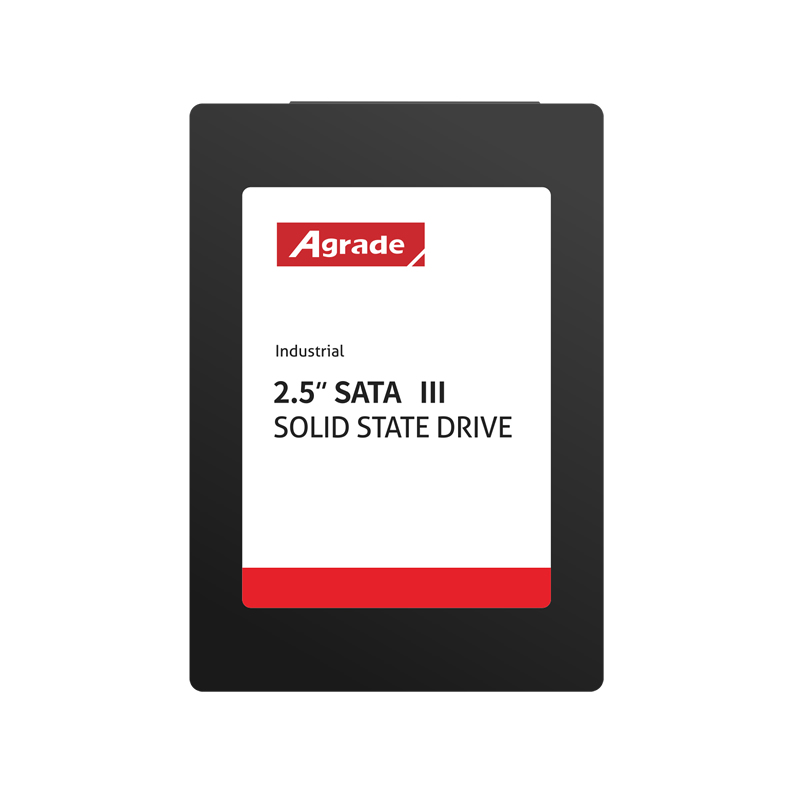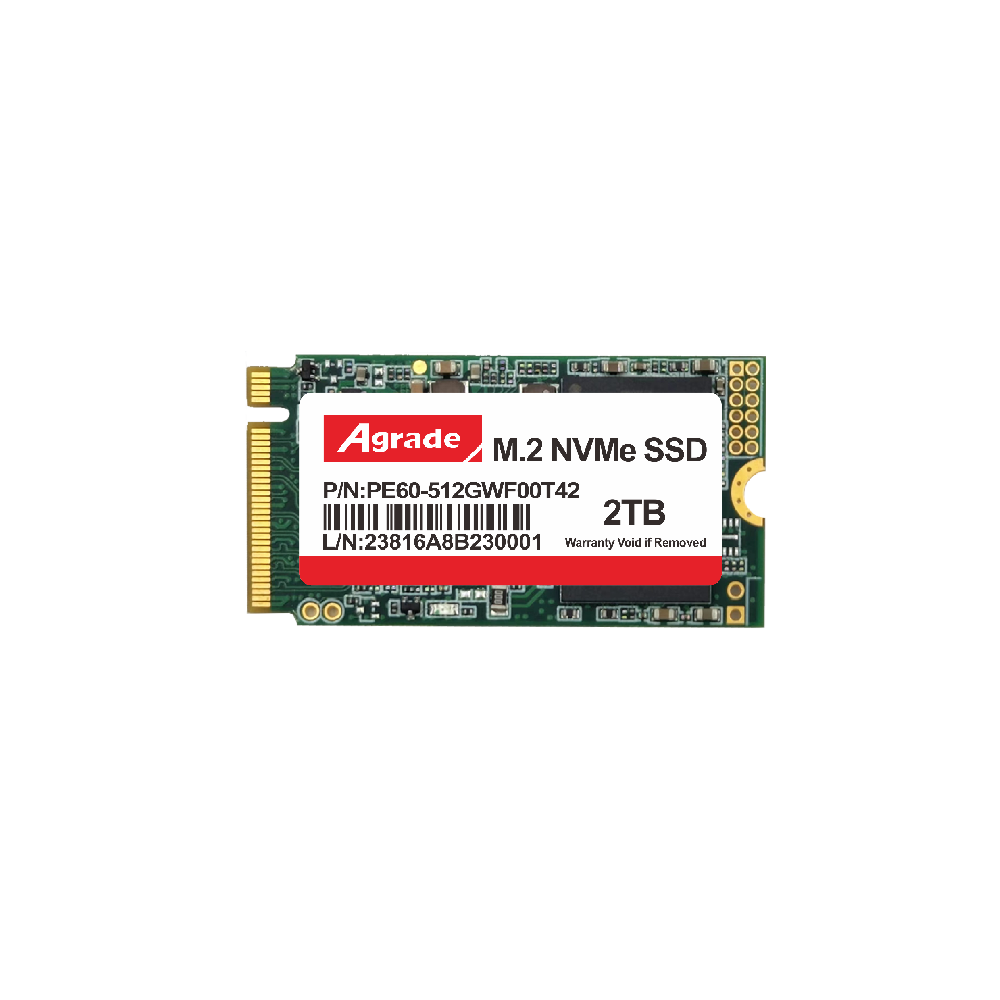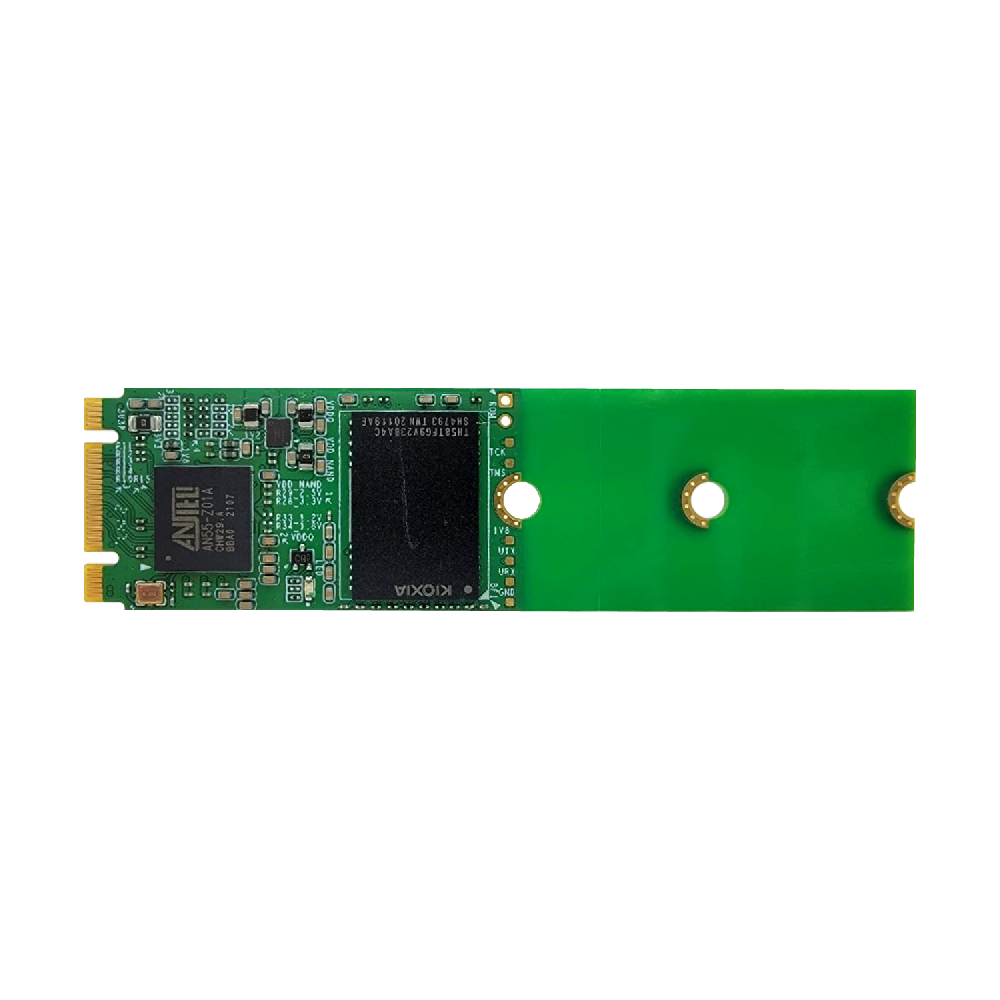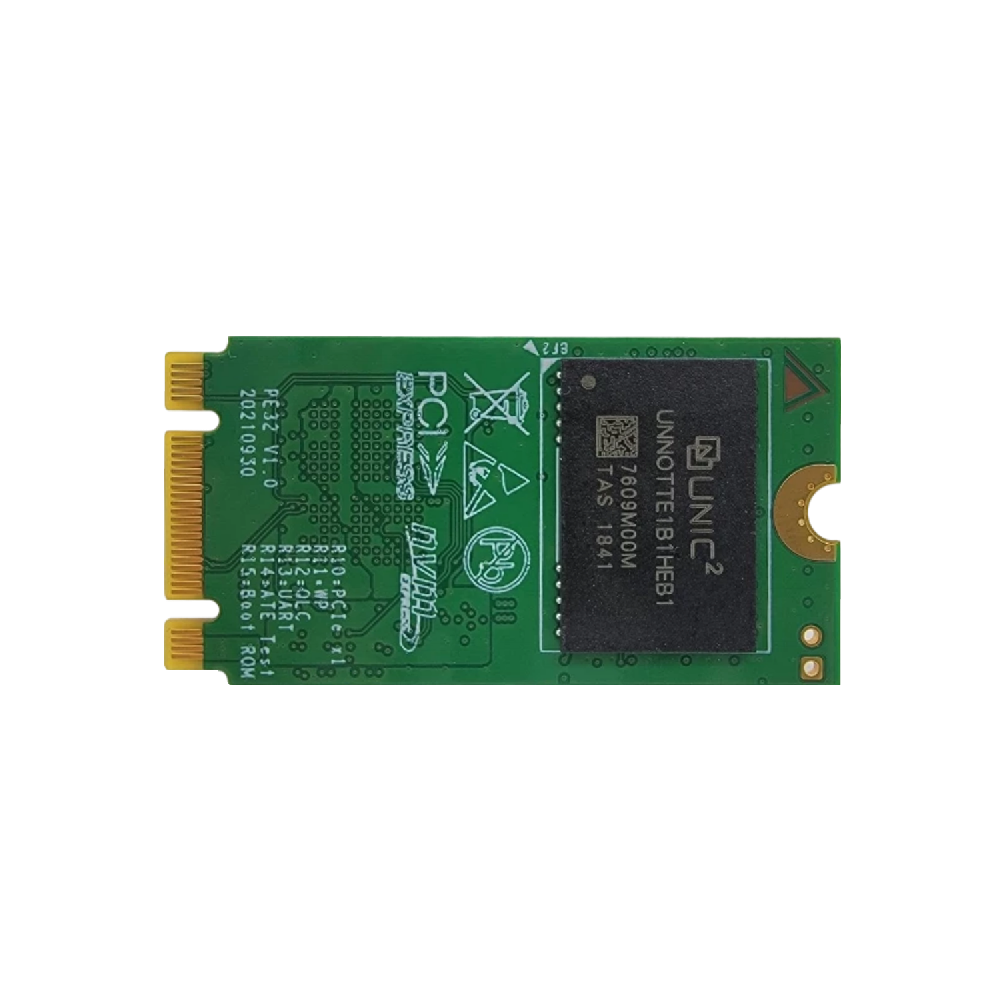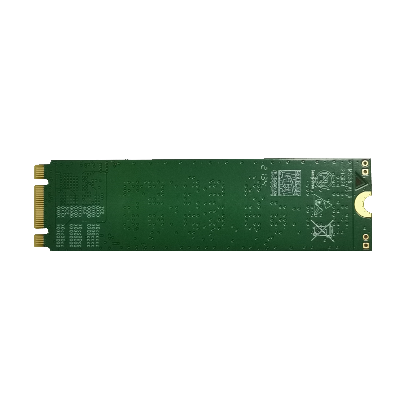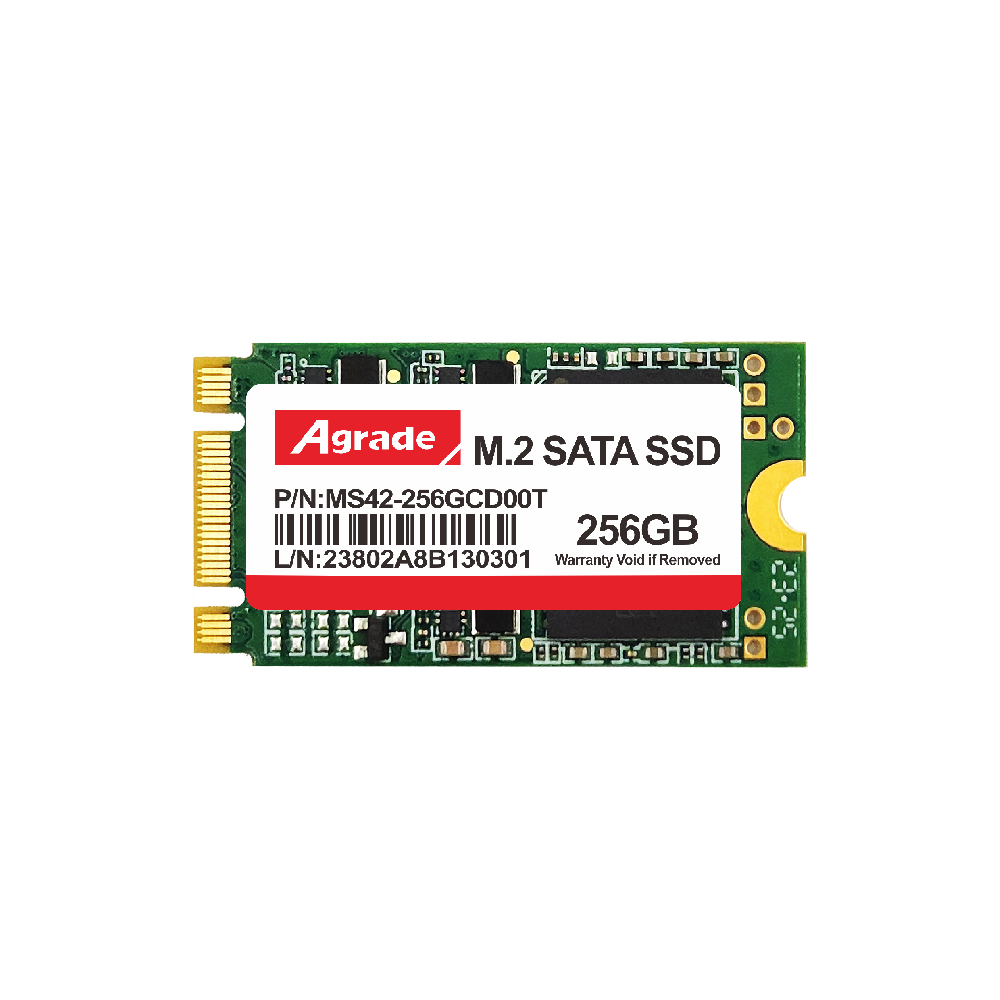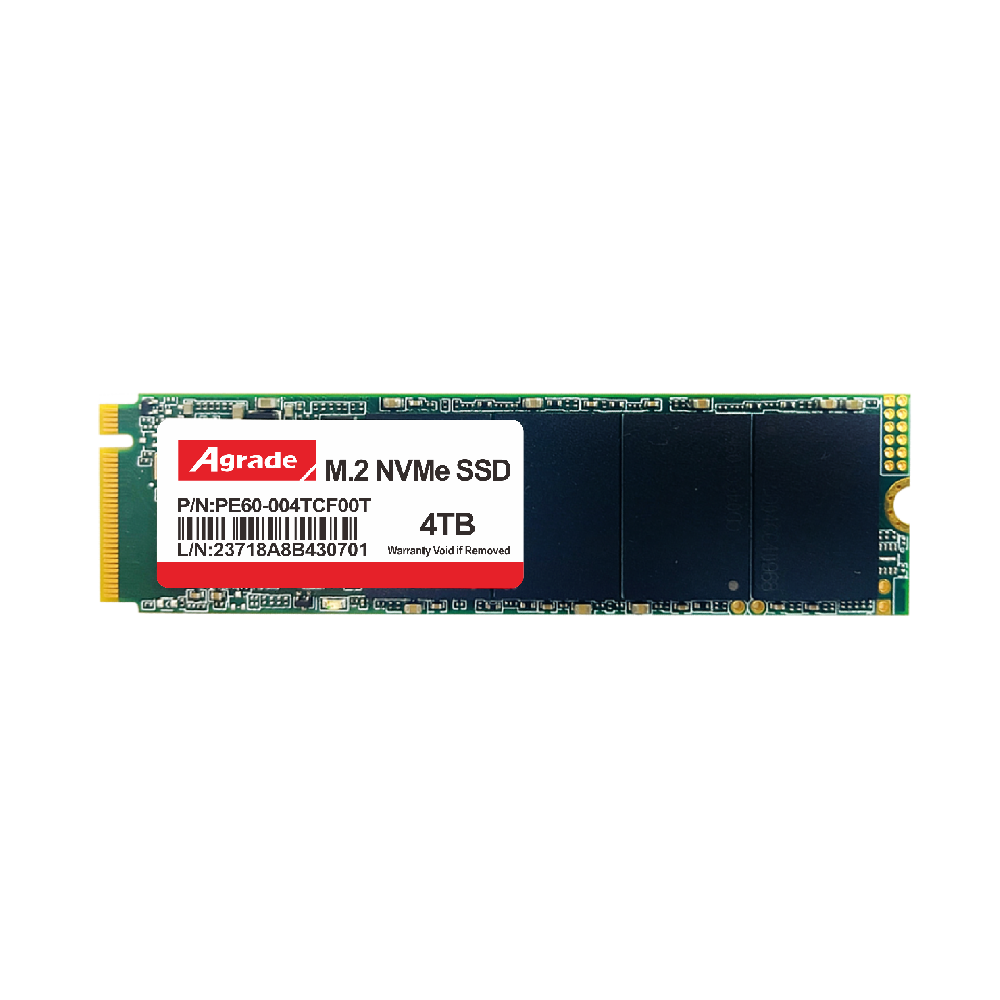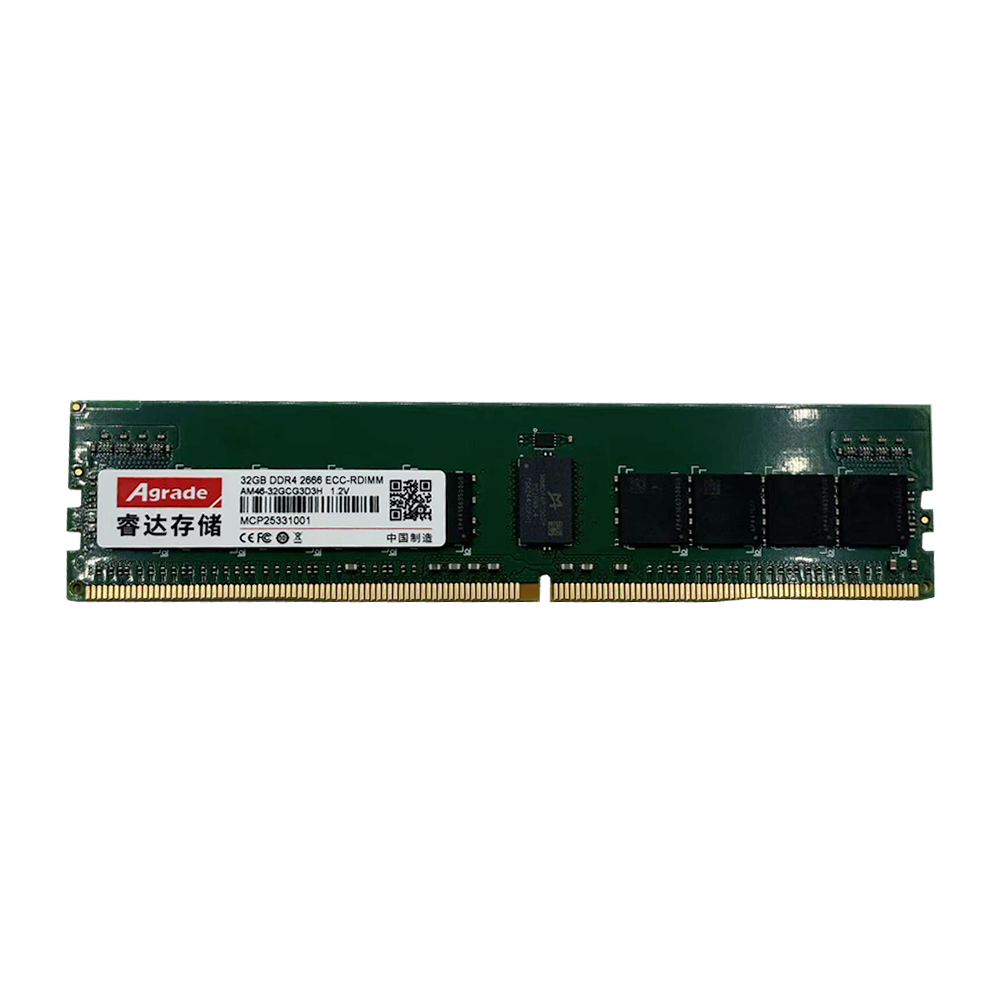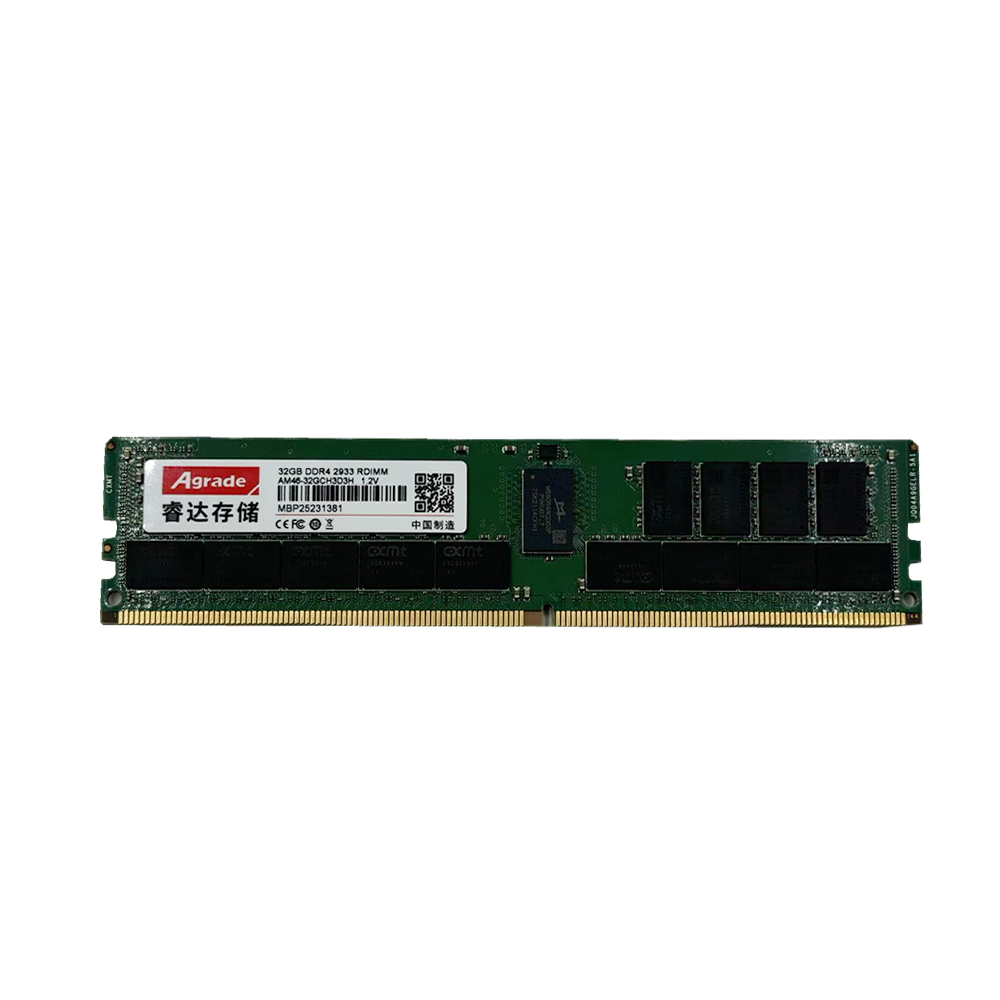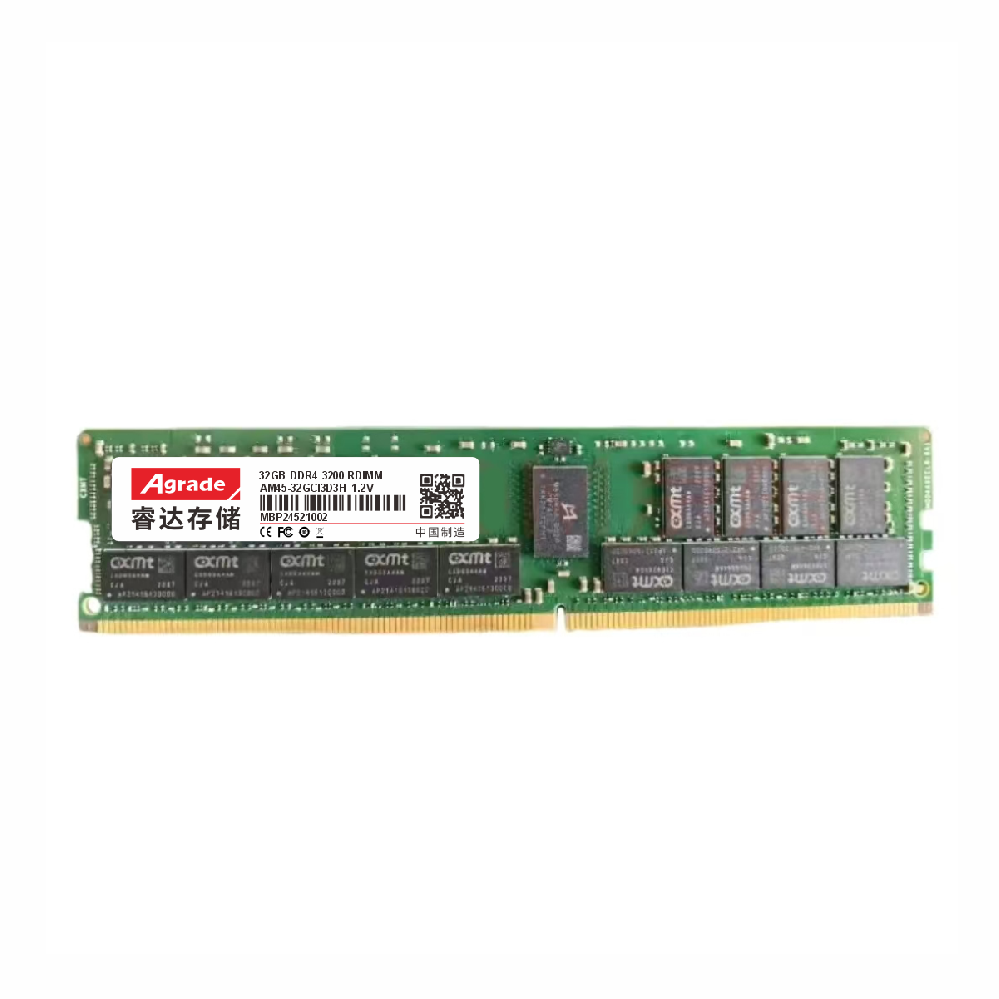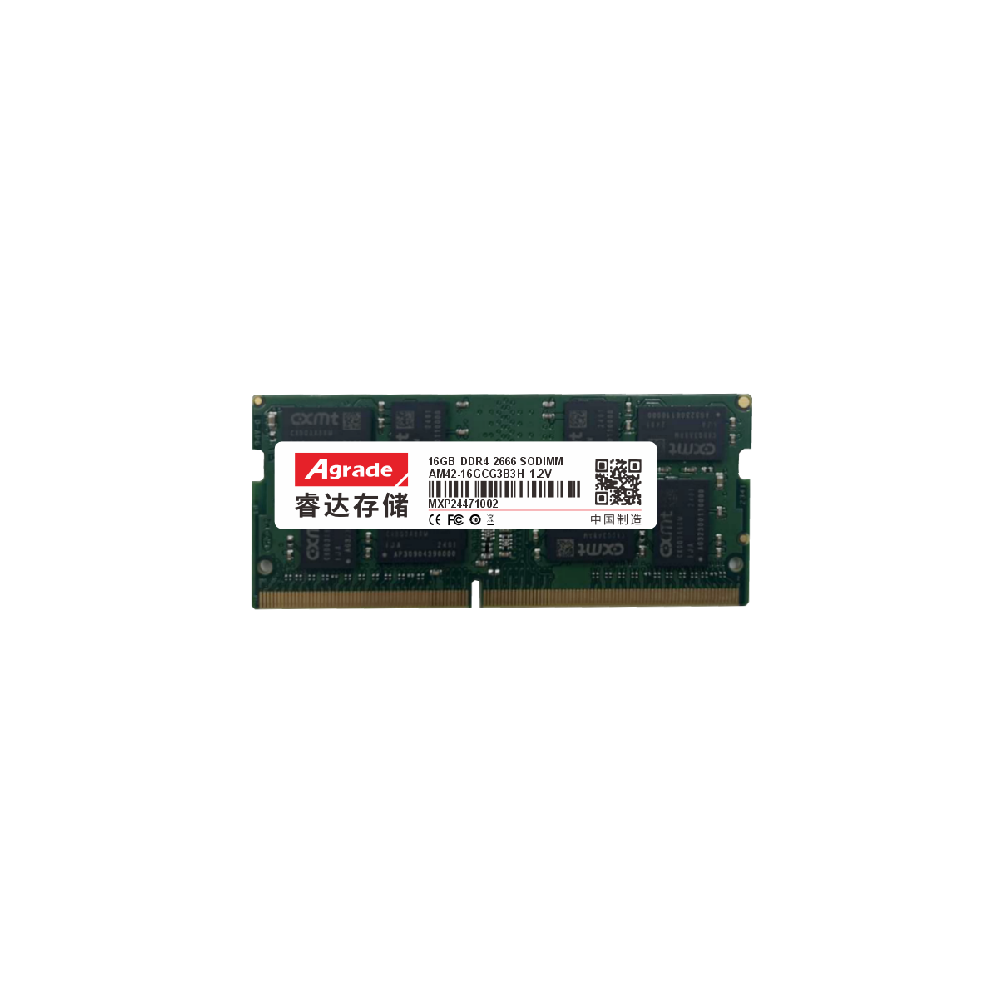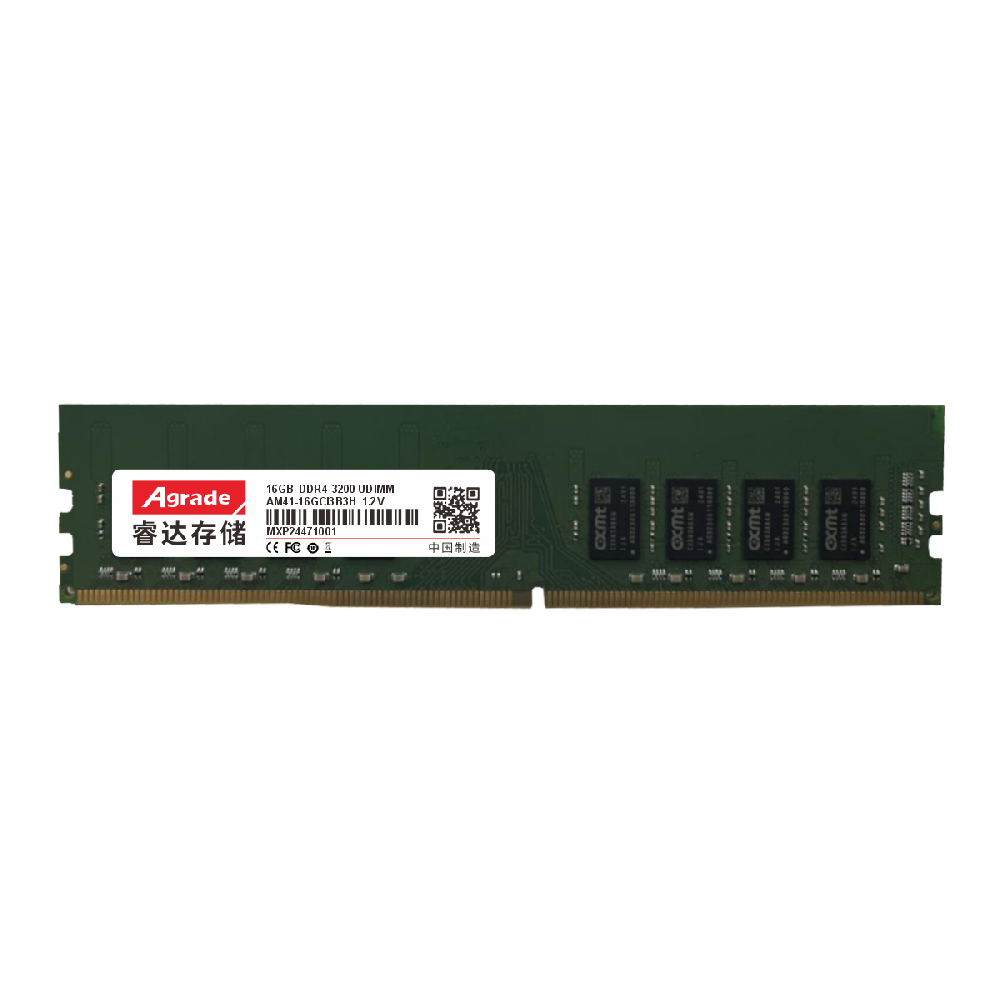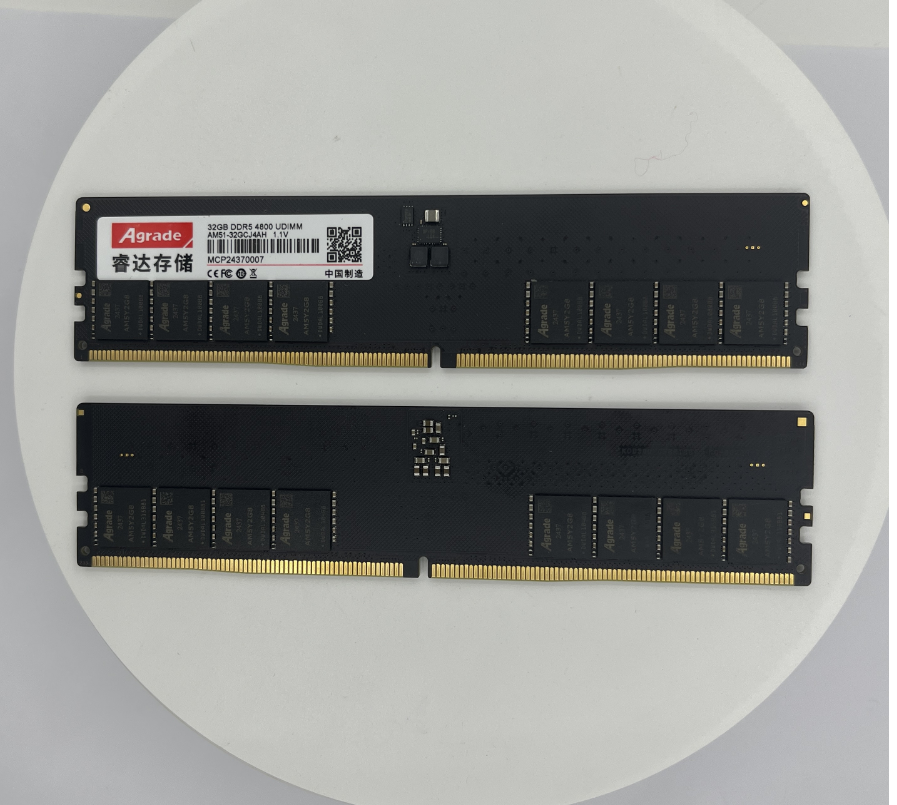

News
 电商部
电商部  2025-11-17 11:59:01
2025-11-17 11:59:01 What Is Industrial SSD? Key Differences From Consumer SSDs
Industrial SSDs (Solid-State Drives) are specialized storage solutions engineered to thrive in harsh, mission-critical environments where standard consumer SSDs would fail. Unlike their consumer-grade counterparts, which are designed for personal computers, laptops, or gaming consoles, industrial SSDs are built to withstand extreme temperatures ranging from -40°C to 85°C, continuous vibration, sudden power fluctuations, and electromagnetic interference (EMI). These rugged features make them indispensable for industries where downtime or data loss could lead to significant financial losses, safety hazards, or operational disruptions.
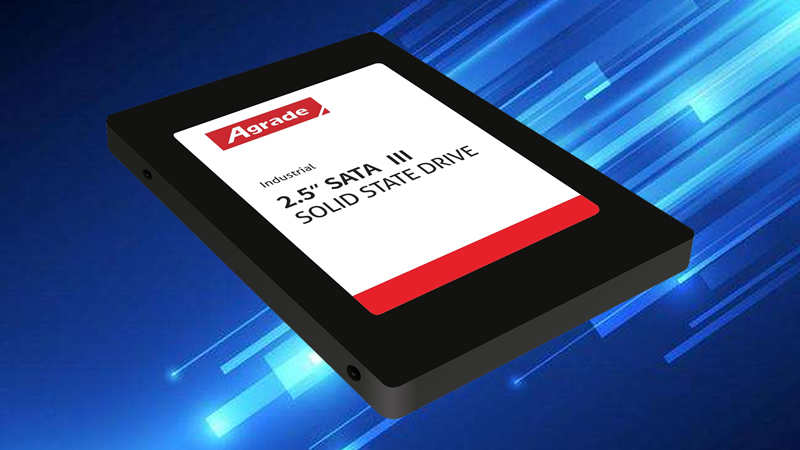
At the core of industrial SSDs is their focus on reliability and longevity. They boast a much higher MTBF (Mean Time Between Failures) — often exceeding 2 million hours — compared to consumer SSDs, which typically offer 1 million hours or less. This is achieved through premium components, advanced firmware, and technologies like wear-leveling, which distributes data evenly across NAND flash cells to prevent premature wear. Industrial SSDs also prioritize data integrity with features such as power-loss protection (PLP), which uses capacitors to ensure data is safely written to storage even if power is cut unexpectedly.
Another key difference lies in NAND flash technology. Industrial SSDs often use SLC (Single-Level Cell) or MLC (Multi-Level Cell) NAND, which offer greater durability and faster write speeds than the TLC (Triple-Level Cell) or QLC (Quad-Level Cell) NAND commonly found in consumer SSDs. SLC NAND, for example, can endure up to 100,000 program/erase (P/E) cycles, while TLC NAND typically supports only 3,000–10,000 cycles. This makes industrial SSDs ideal for write-intensive applications like real-time data logging in manufacturing plants or continuous operation in transportation systems.
Consumer SSDs prioritize speed and cost-effectiveness for casual use, but they lack the ruggedization needed for industrial settings. A consumer SSD might fail within months if used in a factory floor machine exposed to constant vibration, or in a remote IoT sensor operating in desert heat. Industrial SSDs, by contrast, are tested to meet strict industry standards such as IEC 60068 for environmental resistance and MIL-STD-810G for shock and vibration. They are also designed for 24/7, year-round operation, whereas consumer SSDs are optimized for intermittent use.
Common use cases for industrial SSDs include industrial automation (PLCs, robotics, and SCADA systems), transportation (trucks, trains, and autonomous vehicles), energy (power plants, wind turbines, and solar farms), medical equipment (MRI machines, diagnostic tools, and patient monitoring systems), and aerospace (aircraft avionics and satellite data storage). In each of these sectors, the ability to perform consistently under stress is non-negotiable. For example, a robotic arm on an assembly line relies on an industrial SSD to store real-time movement data — any failure could halt production for hours.
When choosing between an industrial and consumer SSD, the decision hinges on your environment and priorities. If you need a storage solution for a home computer or office laptop, a consumer SSD will suffice. But if your project demands uninterrupted performance in harsh conditions, data integrity, and long-term reliability, an industrial SSD is the only viable option. Its robust design, premium components, and industry-specific certifications ensure it can handle the toughest challenges while protecting your critical data.

